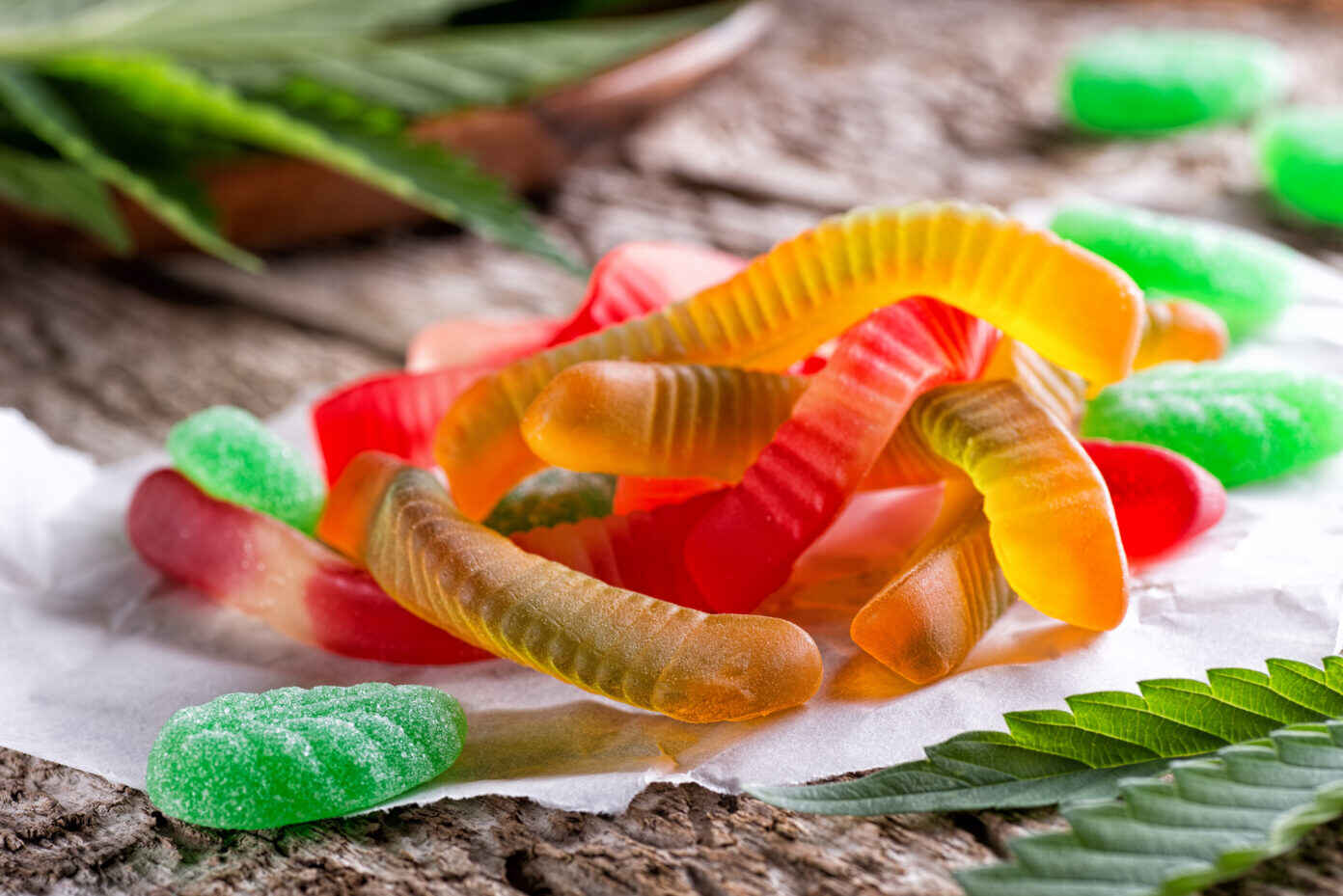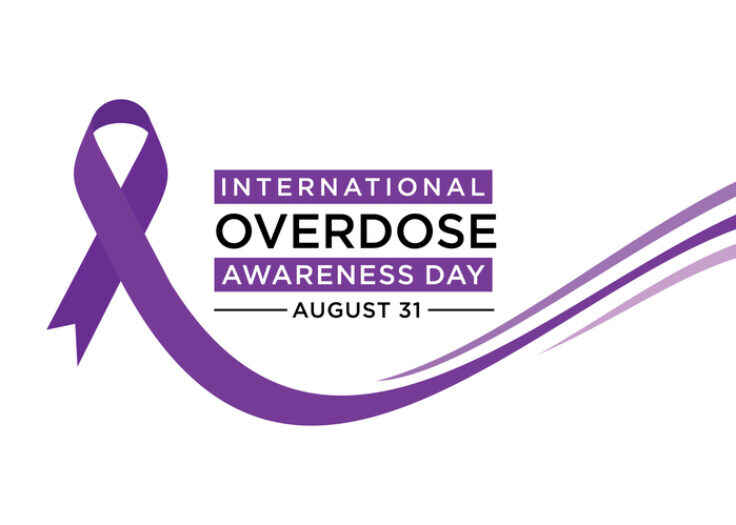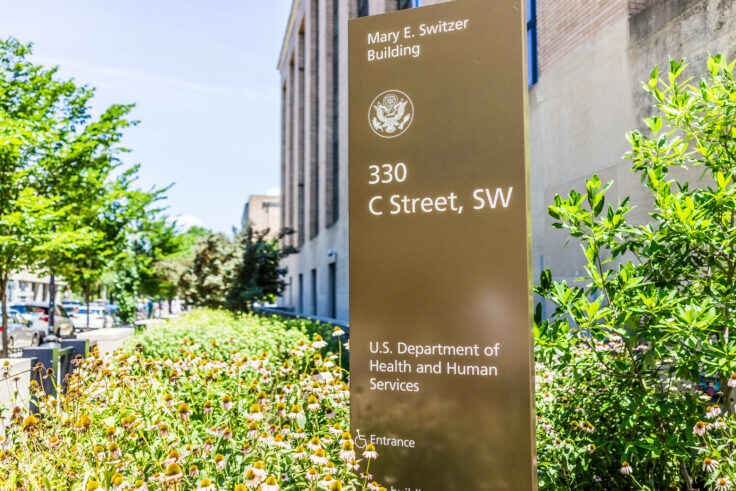Regulation of Cannabis-Infused Edibles
August 4, 2020
Overview
Cannabis is a Schedule I substance under the federal Controlled Substances Act, which prohibits the growing, processing, and selling of cannabis. However, a number of states have passed laws permitting the cultivation, sale, and use of cannabis. Currently, 34 jurisdictions have legalized the use of medical cannabis for qualifying patients and 12 of these jurisdictions also permit recreational adult use of cannabis. Cannabis can be consumed in different manners, including smoking, vaping, and via food products (referred to as edibles). Many of these jurisdictions allow cannabis-infused edibles to be manufactured, sold, and consumed.

While each manner of cannabis consumption presents some risk, cannabis edibles present a unique set of public health challenges. Many edible products are attractive to children because of their appearance and packaging, creating a risk of children accidentally ingesting them. As a result, some jurisdictions have experienced an increase in emergency room visits and calls to poison control associated with child ingestion of cannabis. The delayed onset of the effects of cannabis consumed as an edible also contributes to acute intoxication when consumers eat too much of the product. As food items, spoiling or unsafe handling practices can contribute to adverse experiences. To address the public health challenges of dosing, attractiveness to children, and food safety, this survey examines eight pertinent variables.



